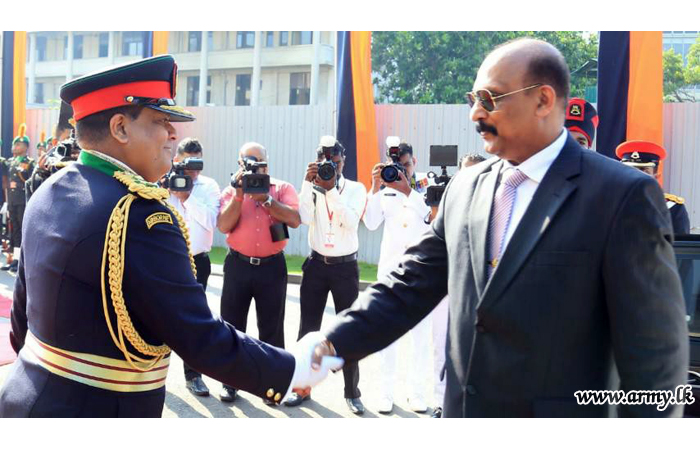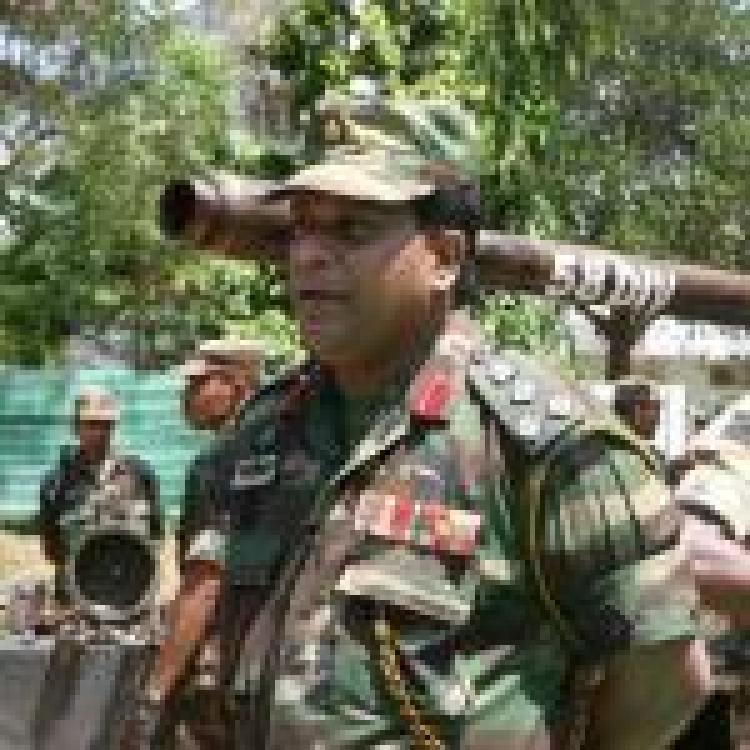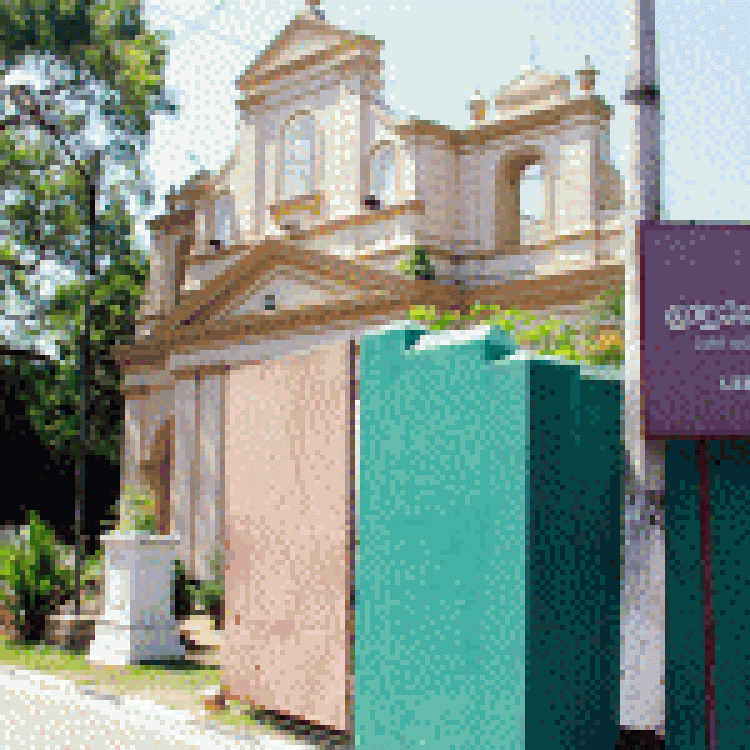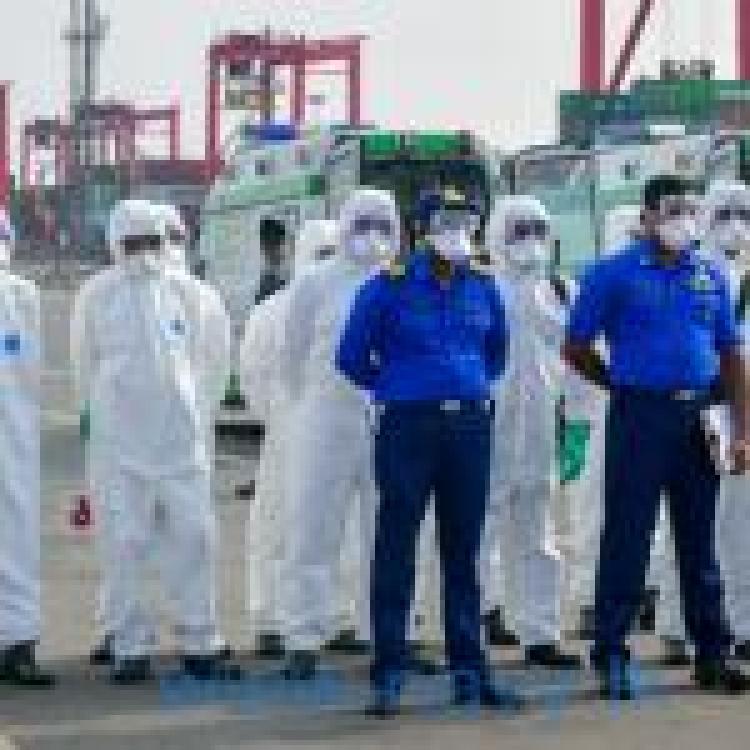
The Sri Lankan military admitted it was using intelligence officers to track down foreign arrivals who entered the island and may have evaded the government’s quarantine process, set up in response to the coronavirus outbreak.
Sri Lanka’s deference secretary Kamal Gunaratne, said that there were more than 170 people who had returned from Italy and Korea, that were missed by the screening process.
“The passengers, who had arrived from coronavirus-hit countries and hiding to evade quarantine, will be instructed by the Police and Sri Lanka Army soldiers in the respective areas to submit the relevant information to them to be quarantined in their own houses by staying indoors,” said Gunaratne.
Gunaratne, who stands accused of overseeing human rights abuses, went on to call for others who may have arrived from abroad to come forward.
“They will not be taken to quarantine centres,” he claimed, “but will be quarantined in their own homes with the help of the Public Health Inspectors”.
The head of the Sri Lankan army Shavendra Silva, who is currently subject to US travel sanctions due to his role in overseeing war crimes, is leading Colombo’s response to the COVID-19 coronavirus outbreak on the island. He acknowledged that Silva 1,719 people had been taken to the centres so far.
The Sri Lankan military’s quarantine centres have come under criticism, having had at least one centre shifted to the Eastern province after protests from local Sinhala residents.



